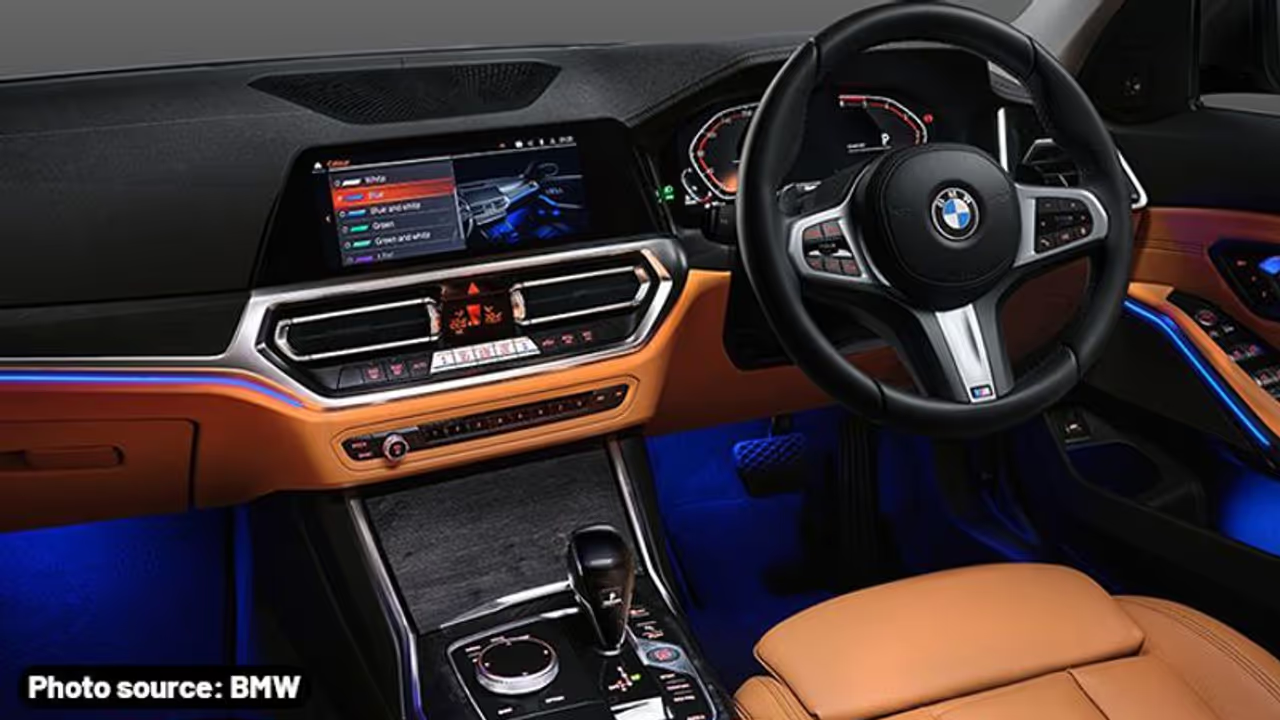Due to the exclusion, owners of the impacted vehicles will have to utilise the iDrive controller in the centre console to navigate the infotainment system.
Over the last few months, a global chip scarcity has crept into various businesses. And automakers are among those who have felt the pinch, with many reducing productions. In the same breath, BMW has taken its effort to address the problem while maintaining existing production levels by temporarily eliminating touchscreen features from some models. The business confirmed to Autoblog that the BMW 3 Series, X5, X6, X7, and Z4 vehicles would not be equipped with touchscreen controls for the time being. For the time being, the BMW 4 Series Coupe, Convertible, and Gran Coupe (but not the i4 EV) will lack touchscreen functionality.

Due to the exclusion, owners of the impacted vehicles will have to utilise the iDrive controller in the centre console to navigate the infotainment system. If you receive a model that lacks touch control when it should have, you will be given a $500 credit for "Deletion of Touchscreen."
Furthermore, according to a post on the Bimmerfest forum, if owners elect for the Parking Assistant Package, these cars will not have the BMW Backup Assistant. This function can automatically reverse the automobile along the path it took to get into a parking place. Engadget has reached out to BMW for further information, including paying drivers who were expected to use that option.
Also Read | Amid high fuel prices, chip shortages, Indian auto sales rose in August
Despite rising gasoline prices and a shortage of electronic components, India's main automobile manufacturers announced solid August sales results. The rate of sales growth slowed from July to August. However, it was a faster year on year due to the base effect. Last year, the pandemic-caused national lockdown, which is scheduled to begin in late March 2020, substantially impacted the sector. This year, though, lockdowns were more regional, with fewer restrictions. Nonetheless, high gasoline prices and electrical component shortages hampered sales and prolonged wait times.
